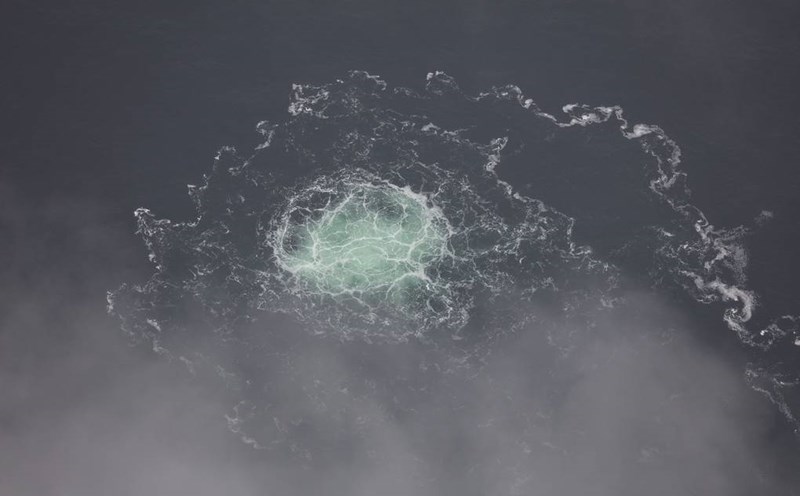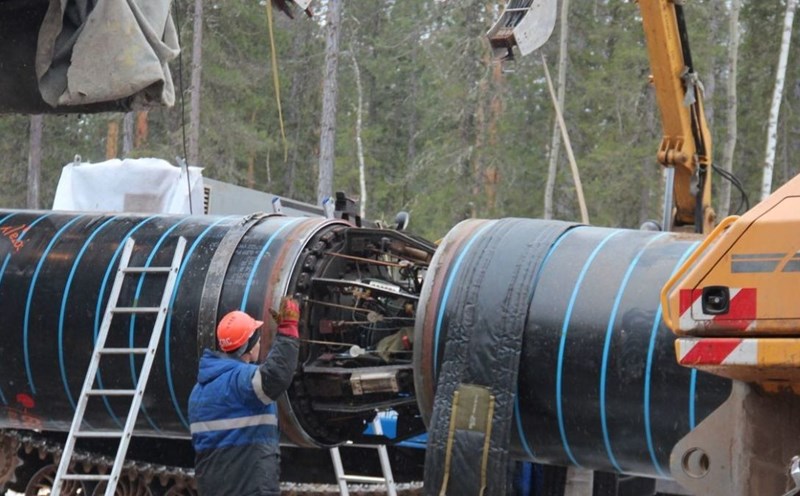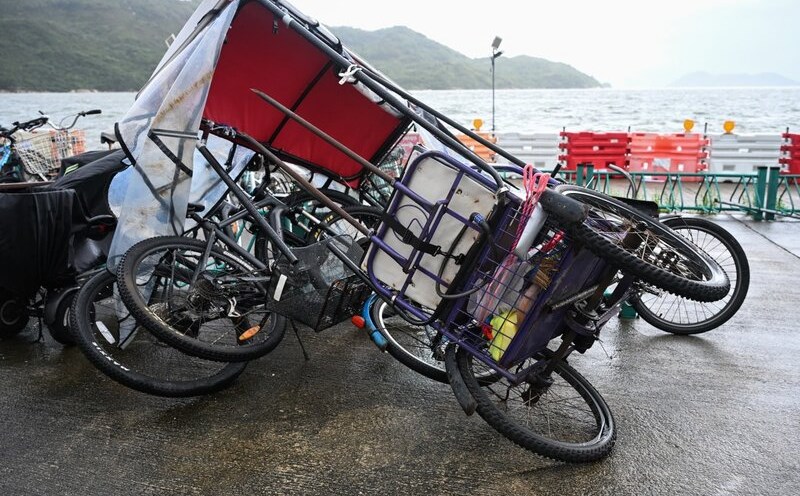General Director of Russian gas giant Gazprom Alexey Miller has just warned that Europe could face a "real problem" with gas supply in the coming winter, especially if temperatures drop sharply.
Speaking on the sidelines of the Eastern Economic Forum (EEF), Mr. Miller emphasized: We are witnessing an increasingly serious reality. If it is a cold winter, a normal cold winter, then this will be a real big problem.
According to data dated August 31 from the European Gas Infrastructure Association GIE, the amount of gas pumped into European gas reserves has only compensated for about two-thirds of the gas released last winter. Thus, Europe still lacks up to 18.9 billion m3, the second highest in the history of monitoring at this time.
Miller said Europe appears to be not fully aware of the scale of the challenge, while the time to overcome it is shrinking.
Industry data showed that in August, total pipeline and liquefied natural gas (LNG) from Russia to the EU decreased by 12% compared to the previous month. Notably, LNG imports have decreased by more than 20% as shipments have been diverted to Asia - where demand is increasing.
In the context of efforts to completely eliminate Russian energy, the European Commission in June proposed a law to end oil and gas imports from Russia before January 1, 2028. EU countries are still negotiating on this roadmap.
A latest draft shows that the EU wants to tighten regulations to prevent businesses from "re-labelating" Russian gas as transit goods. Customs will refuse imports unless there is solid evidence that the gas is produced outside Russia. In particular, the flow of gas from the TurkStream gas pipeline - connecting Russia with Turkey and then to Bulgaria - will be considered by default as Russian gas.
With inadequate reserves, shrinking LNG supply and tightening new regulations, Europe is at risk of facing a risky winter in energy. If the weather is harsh, the gas shortage will not only cause heating costs to skyrocket, but also threaten industrial production activities that depend heavily on cheap energy.











